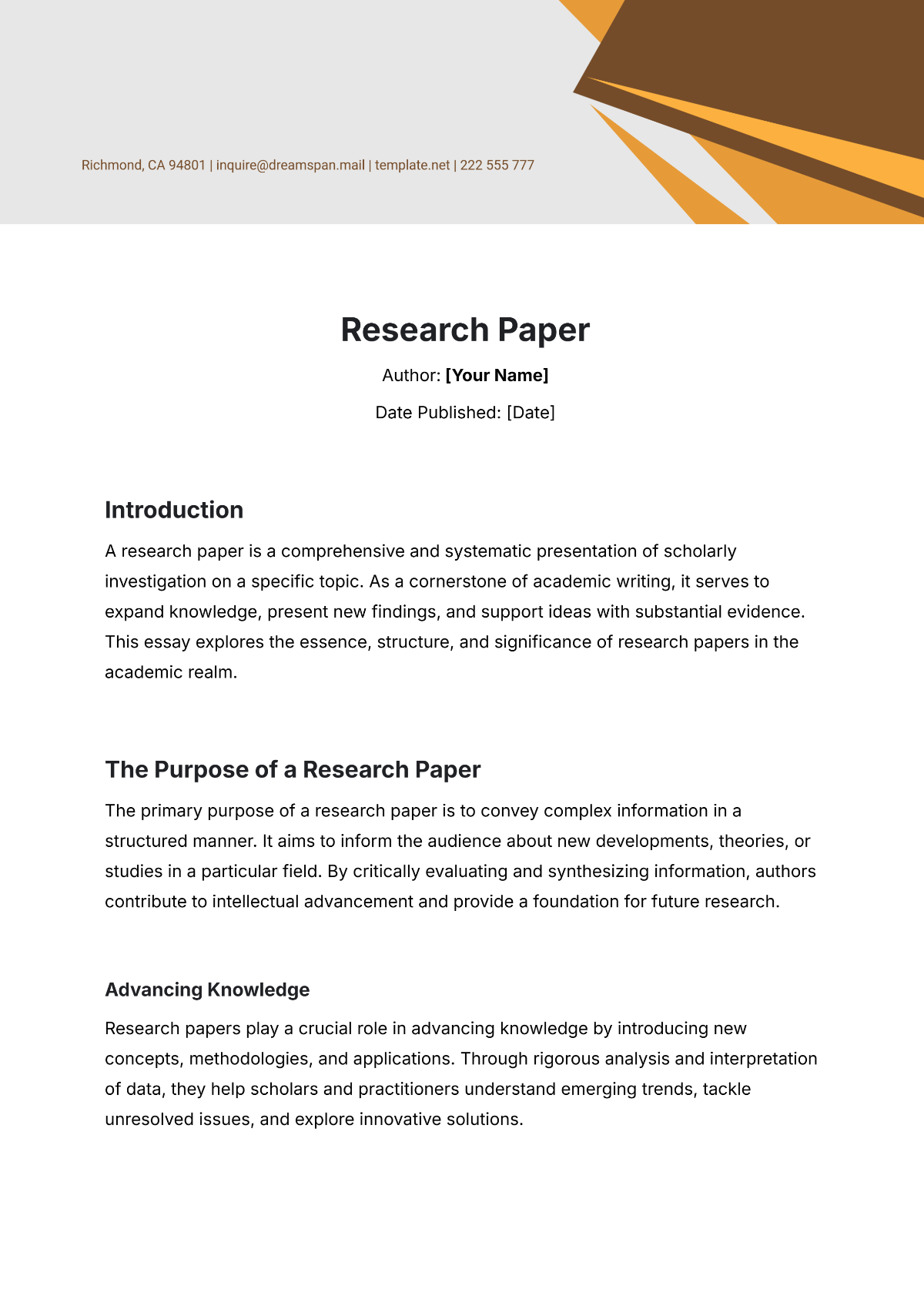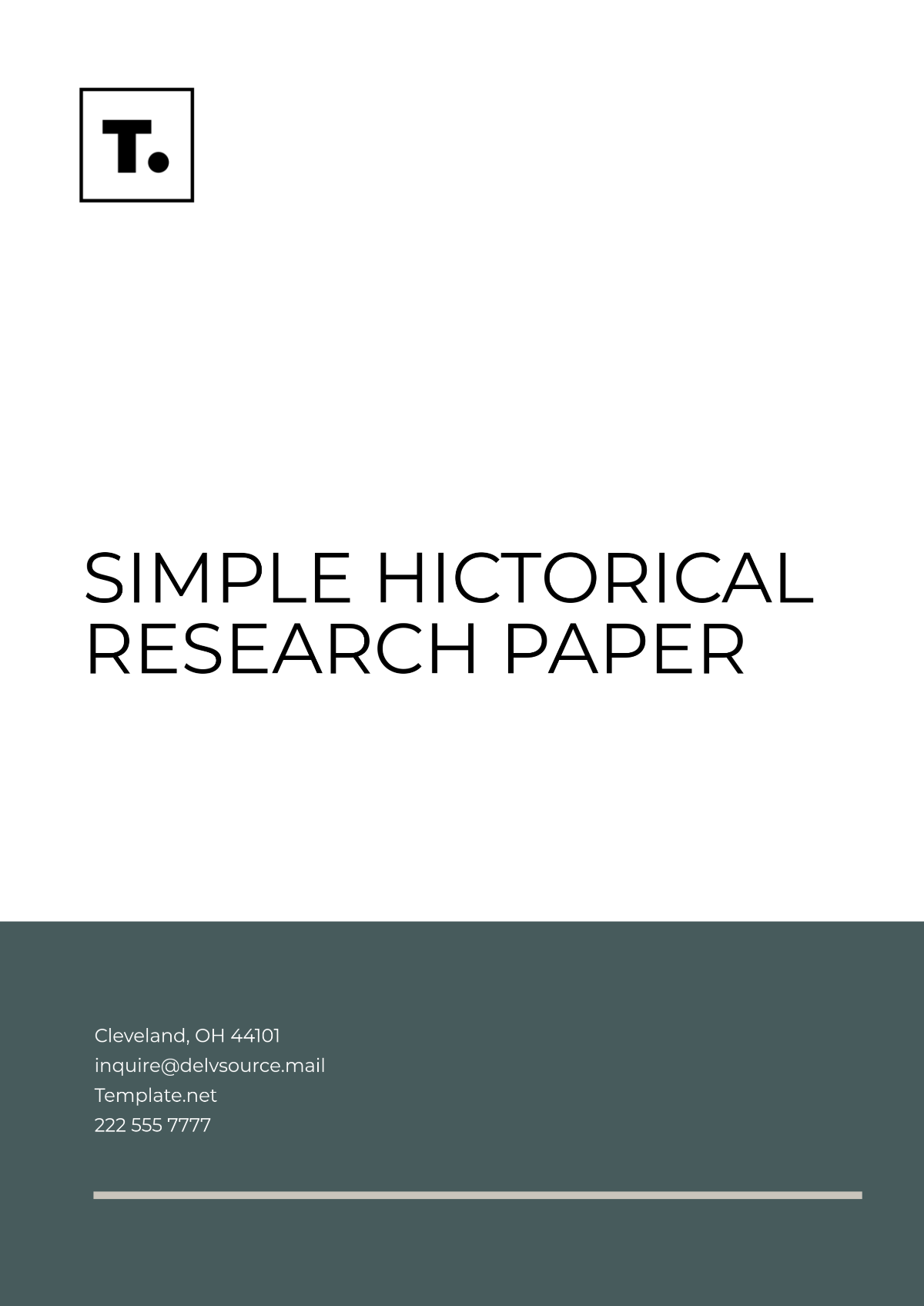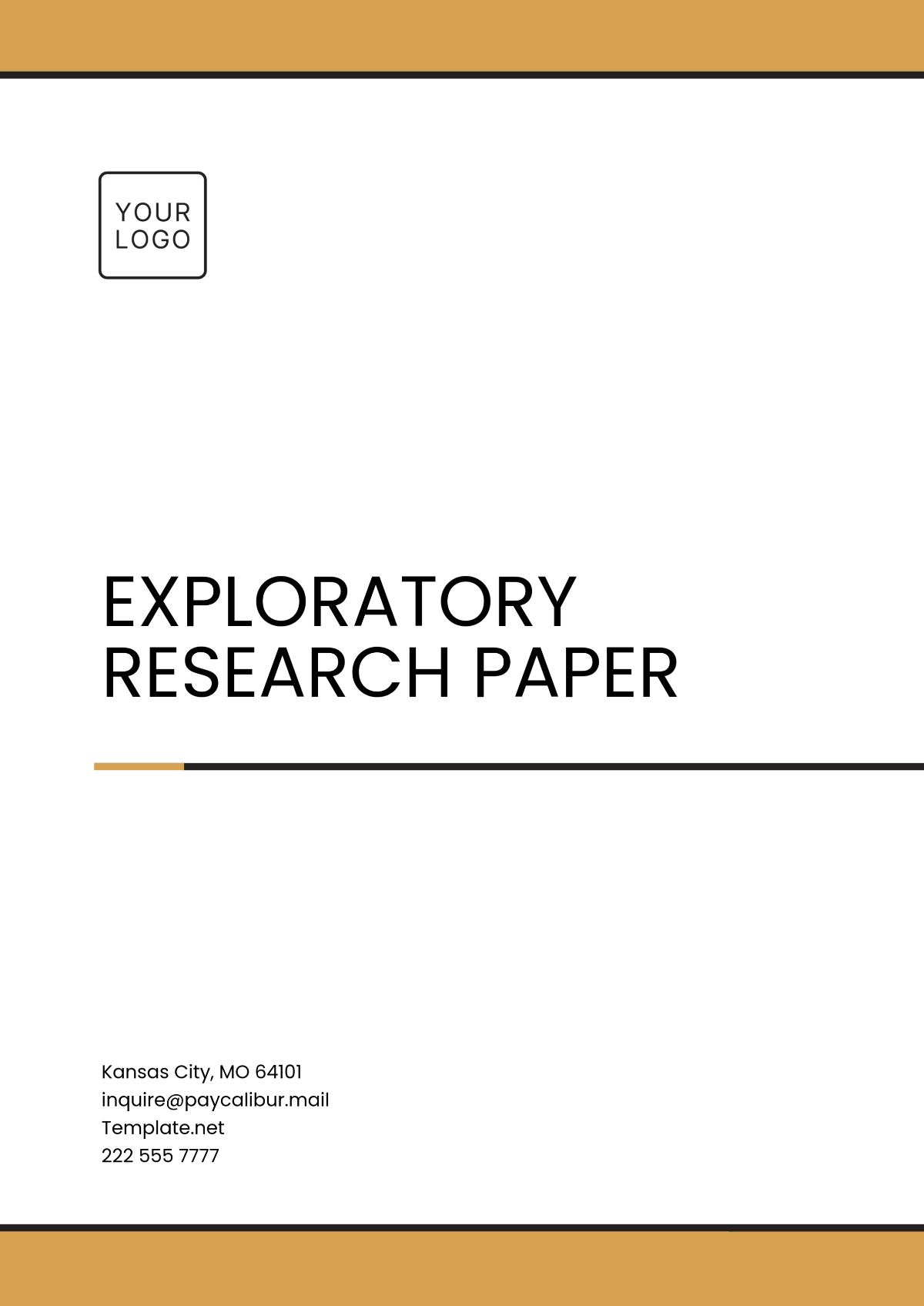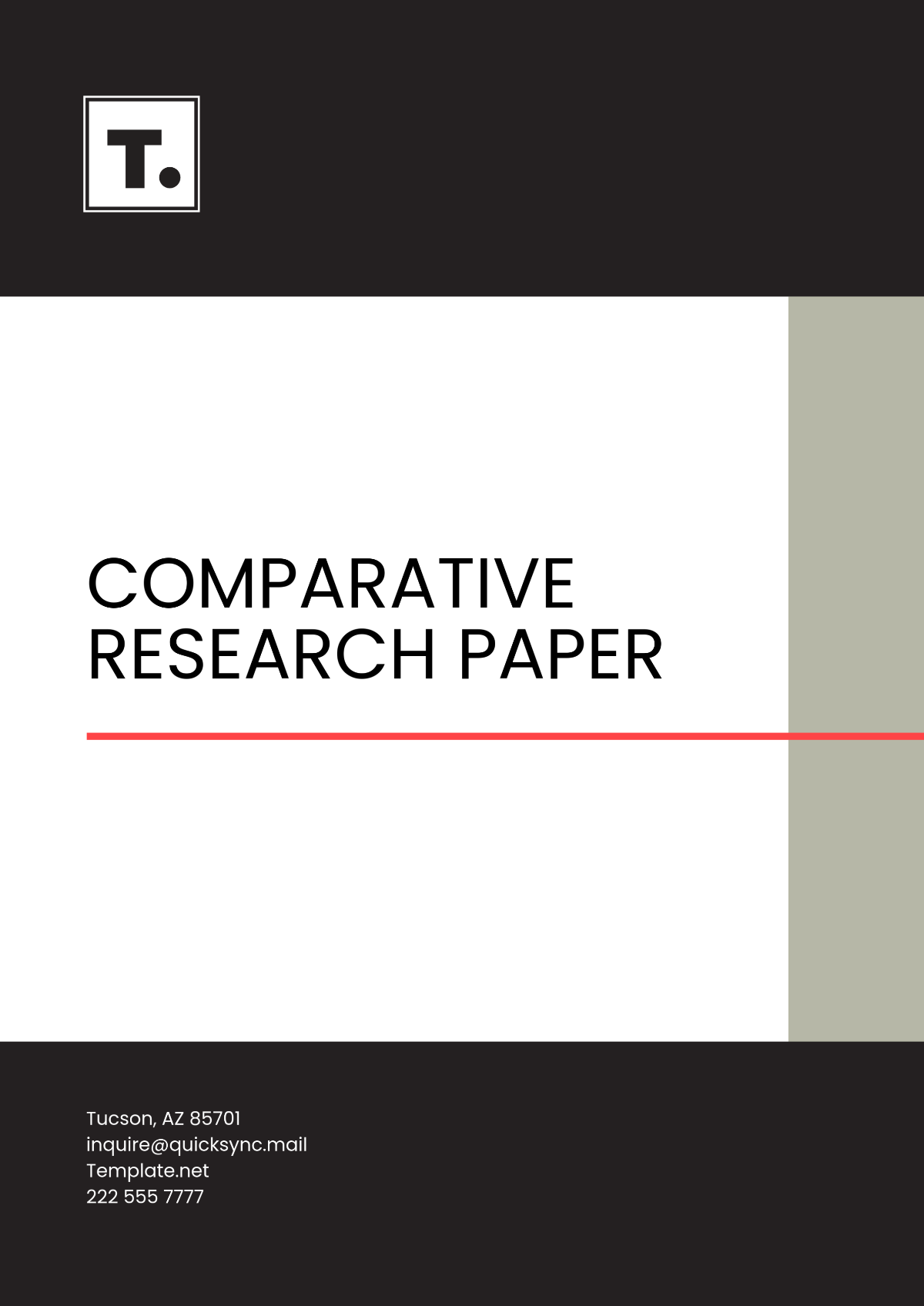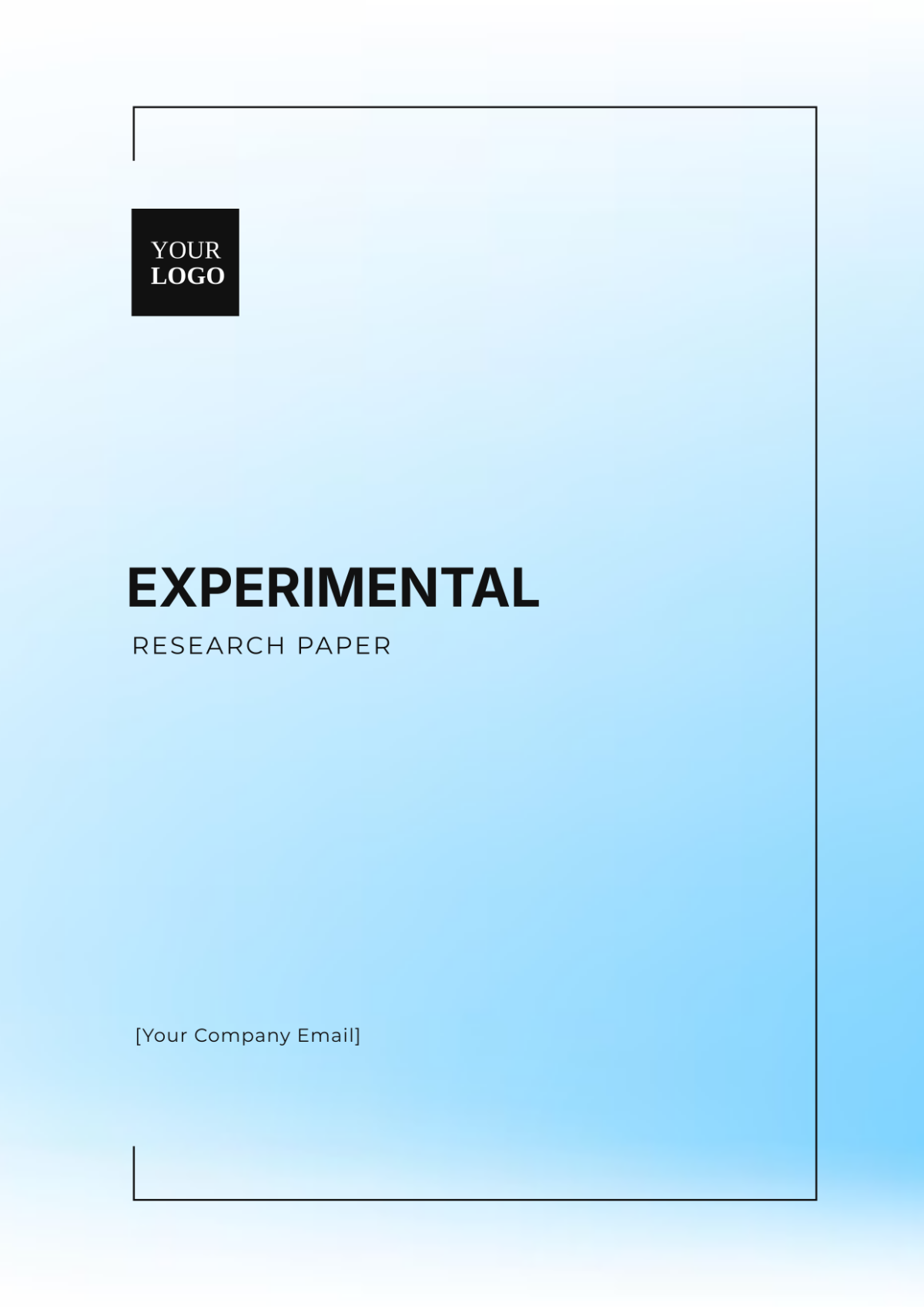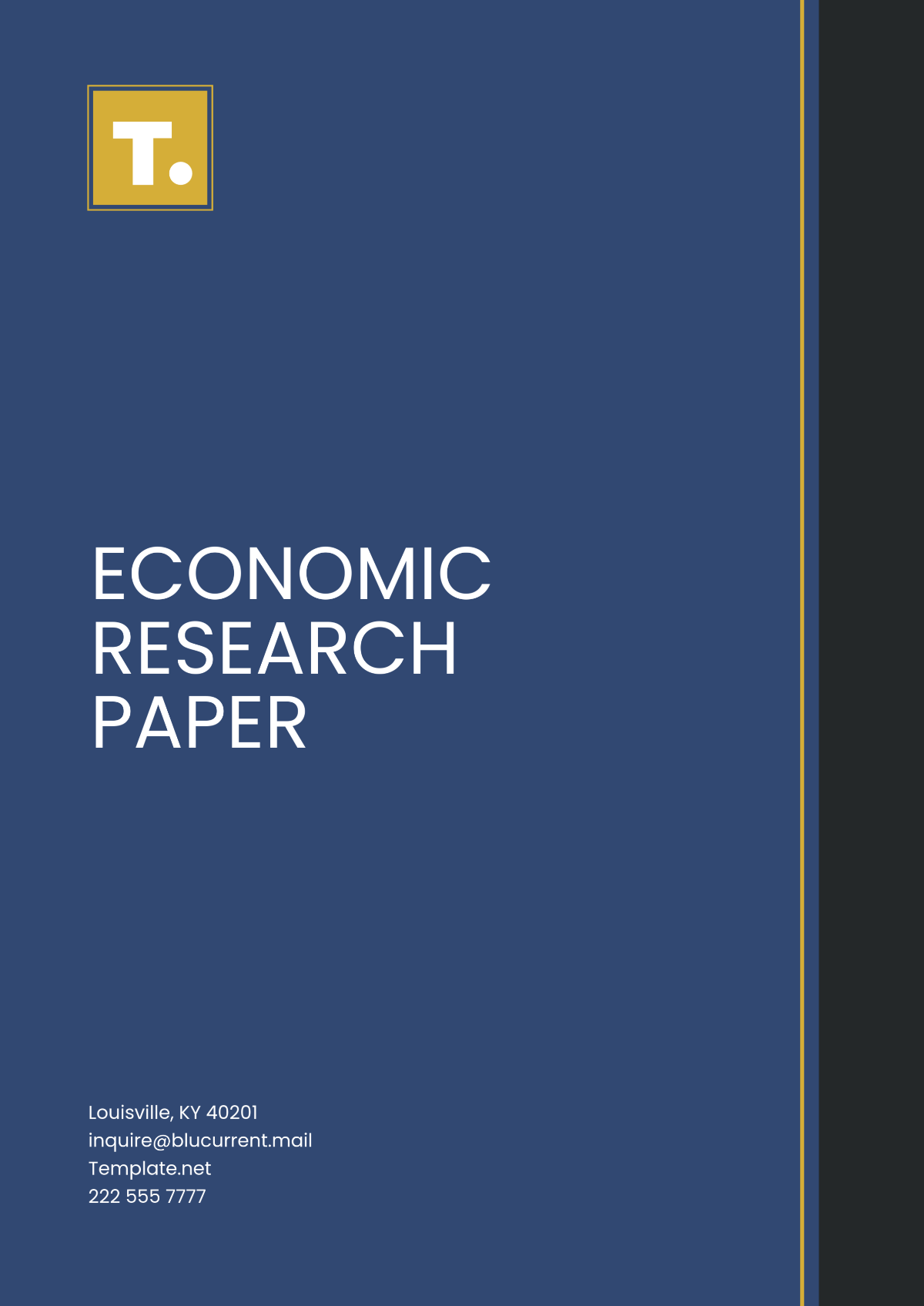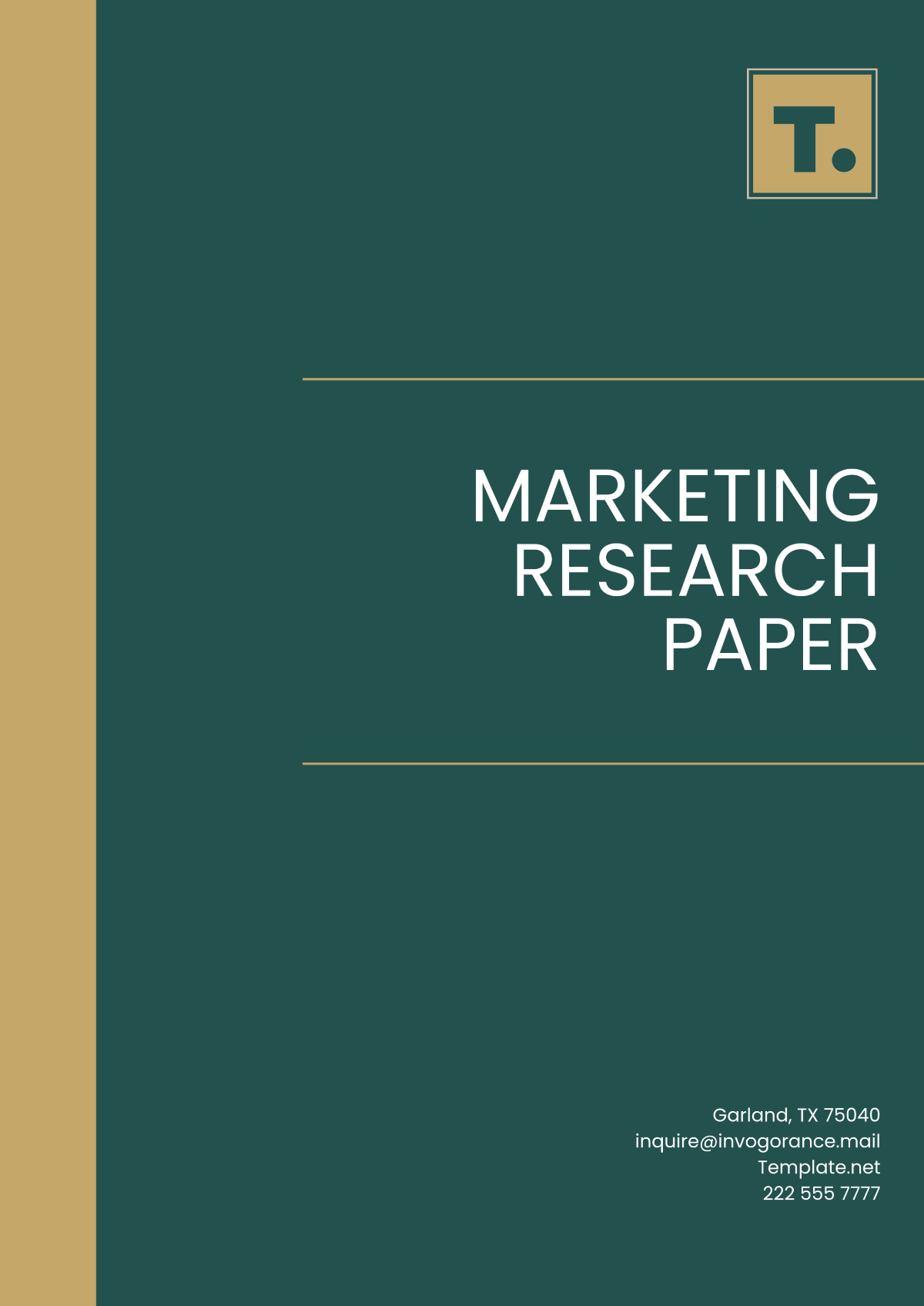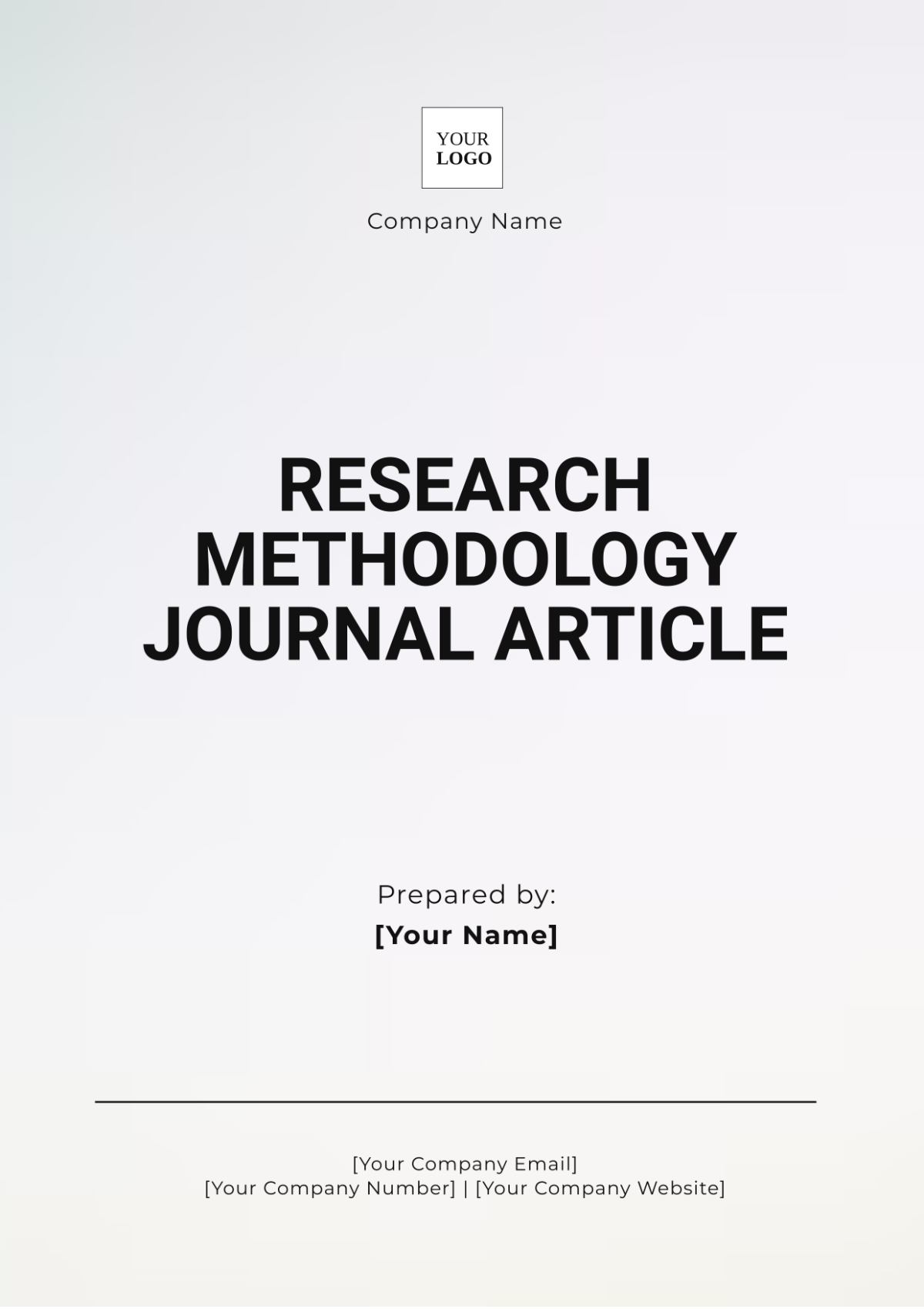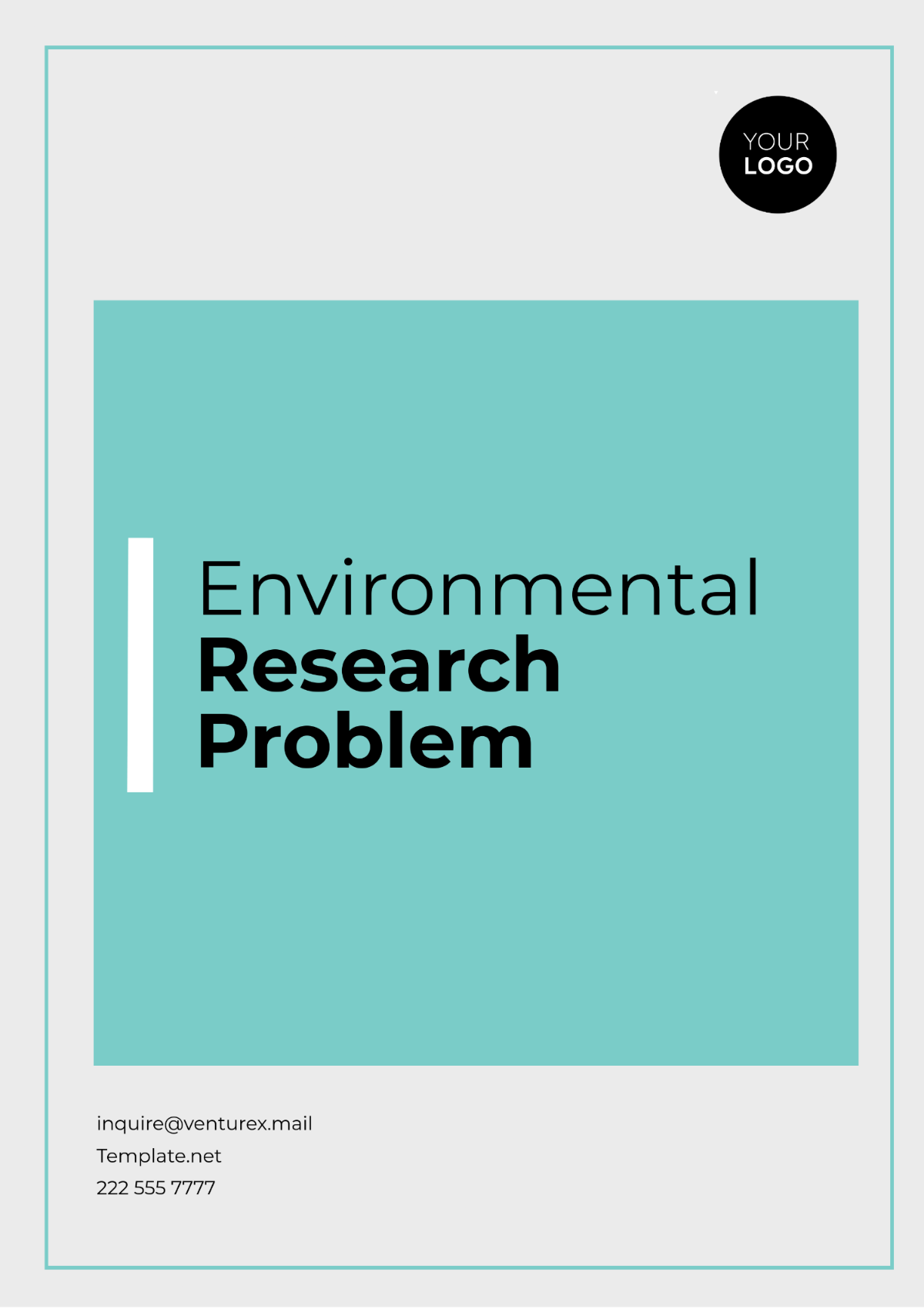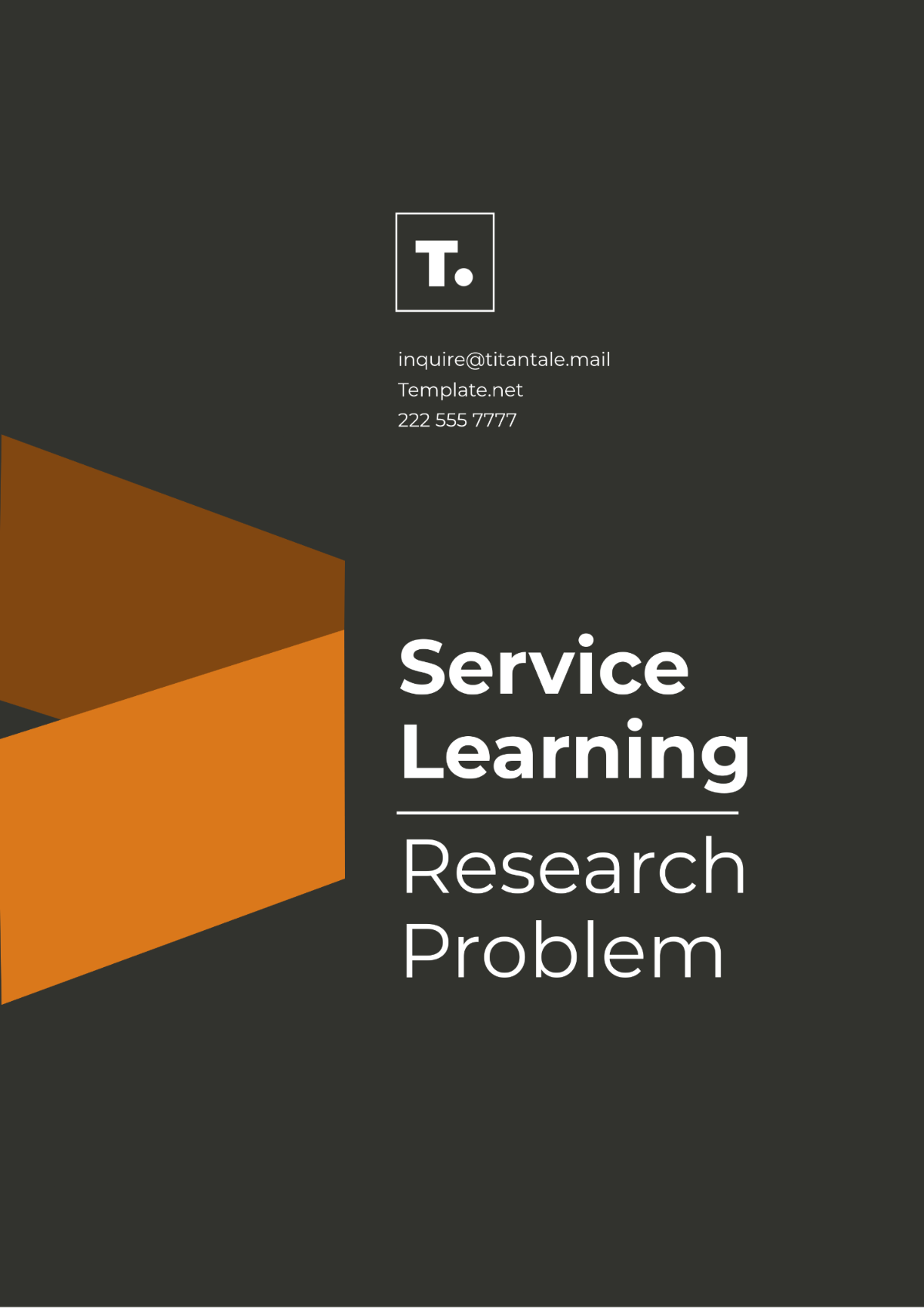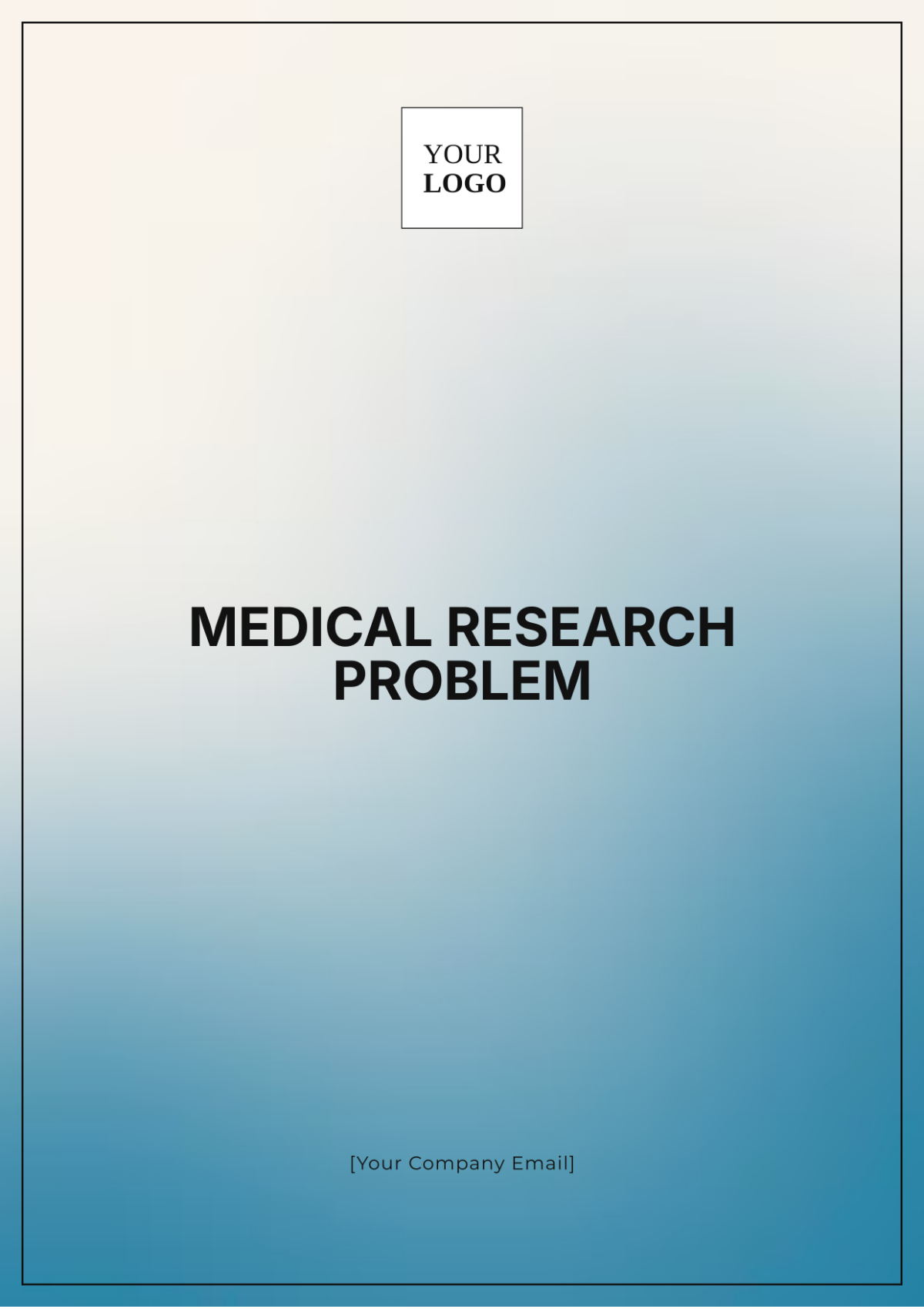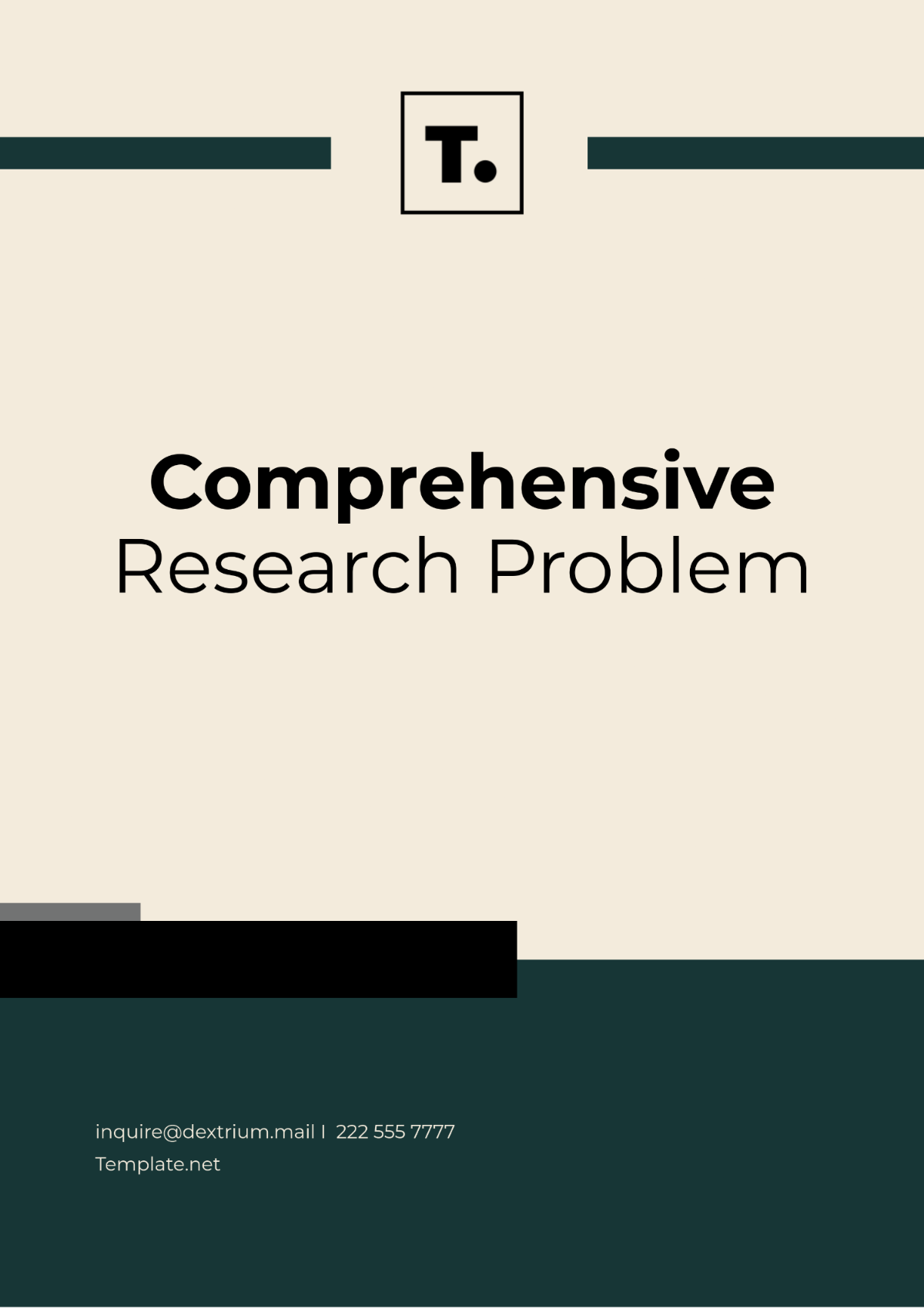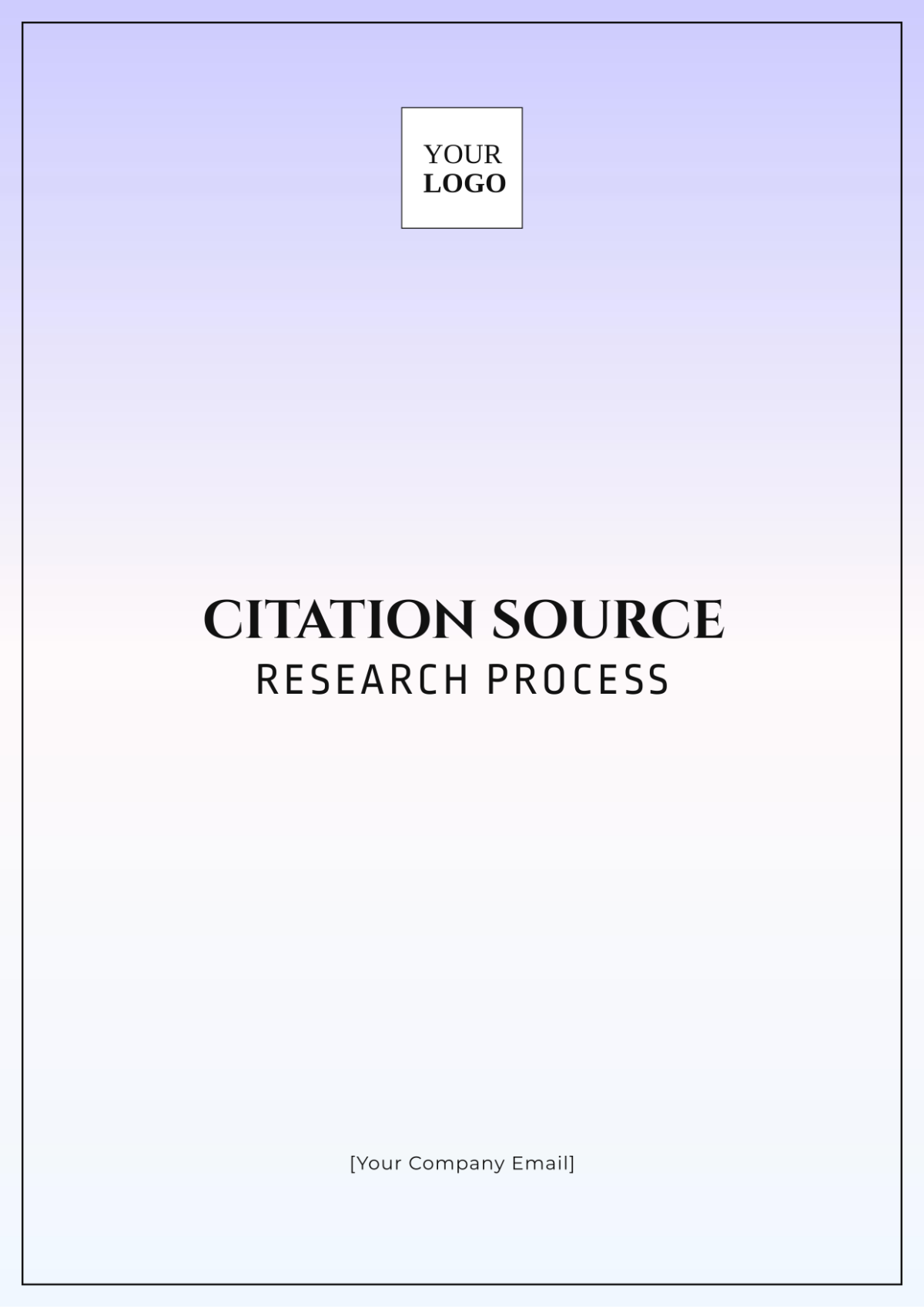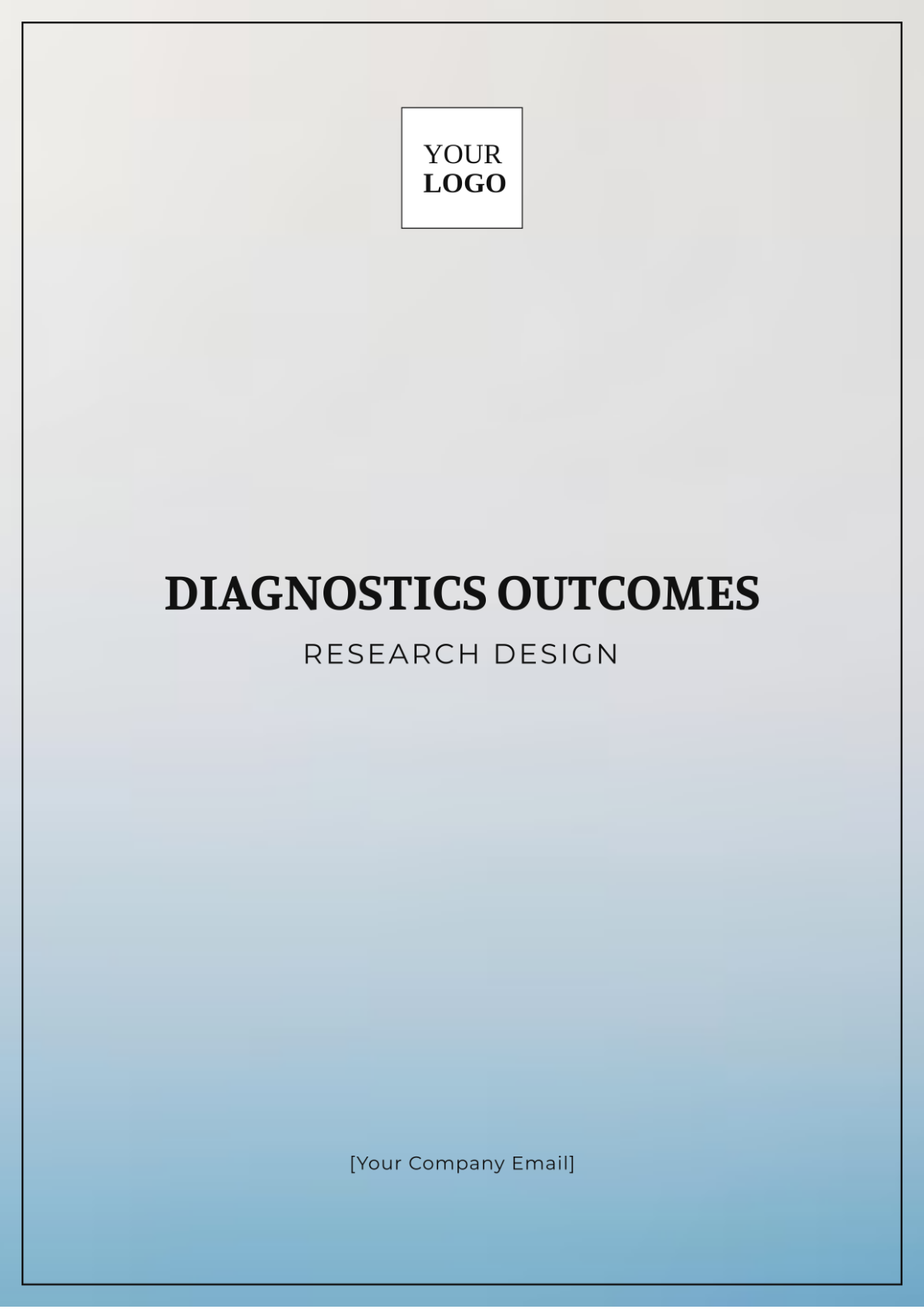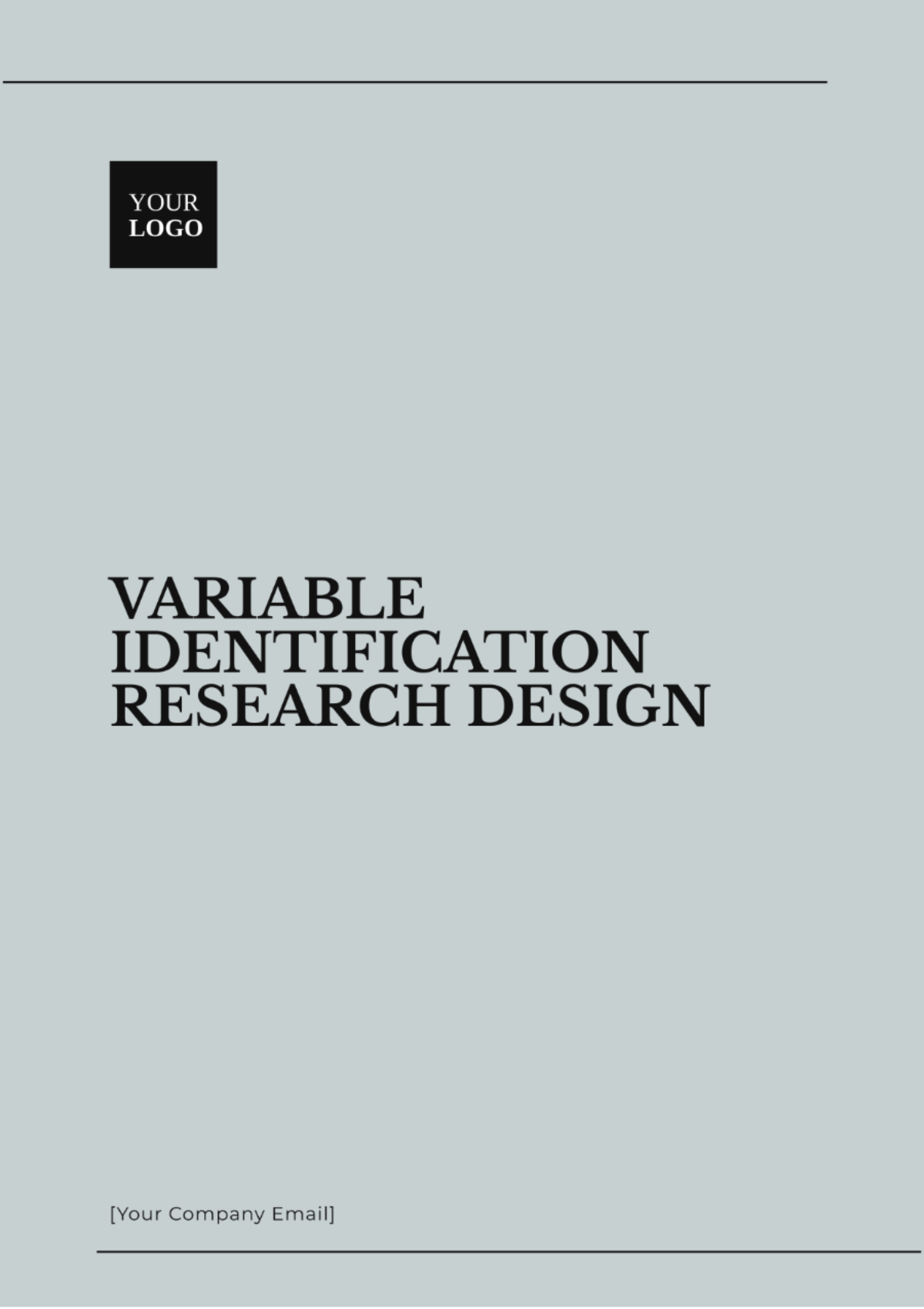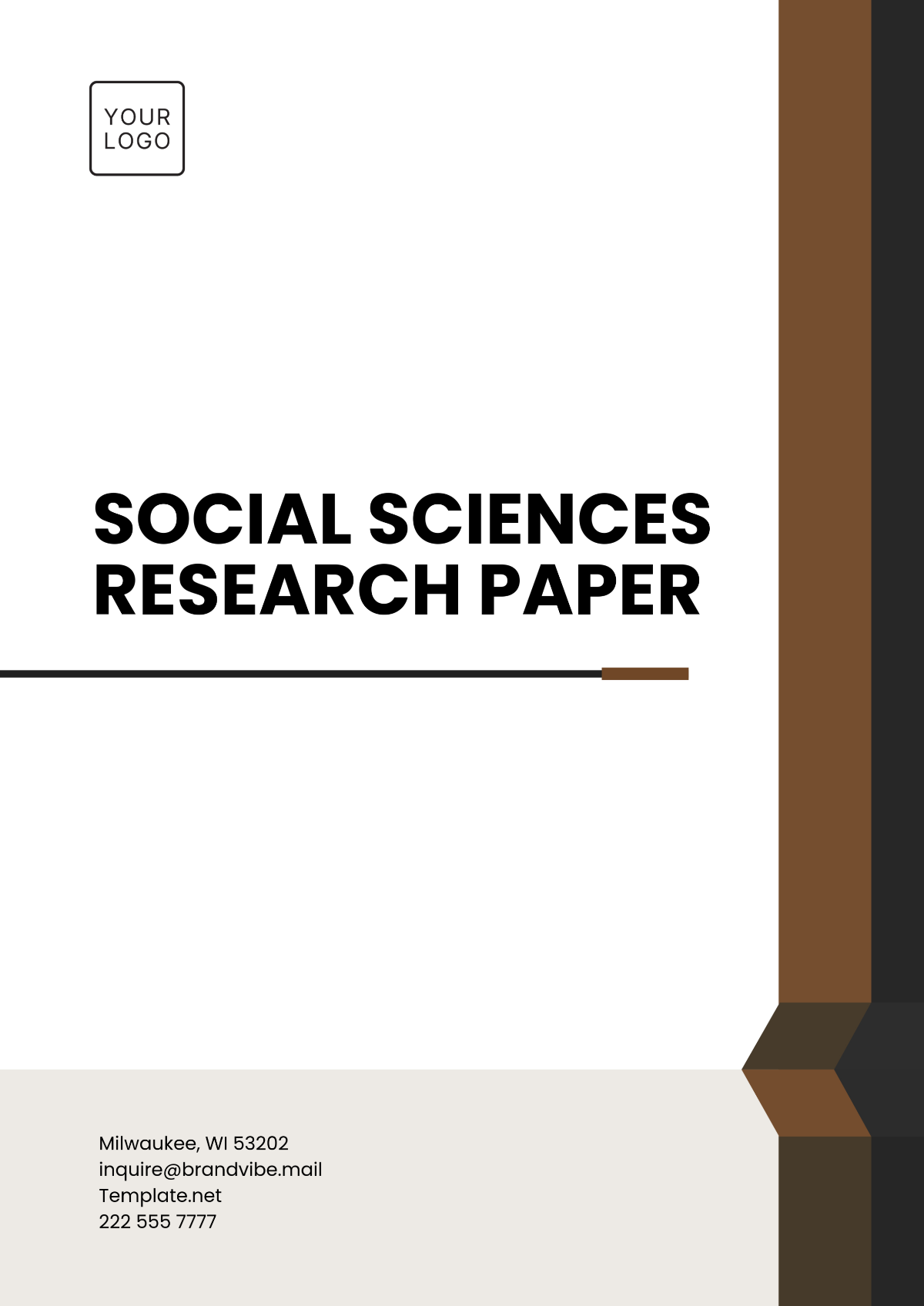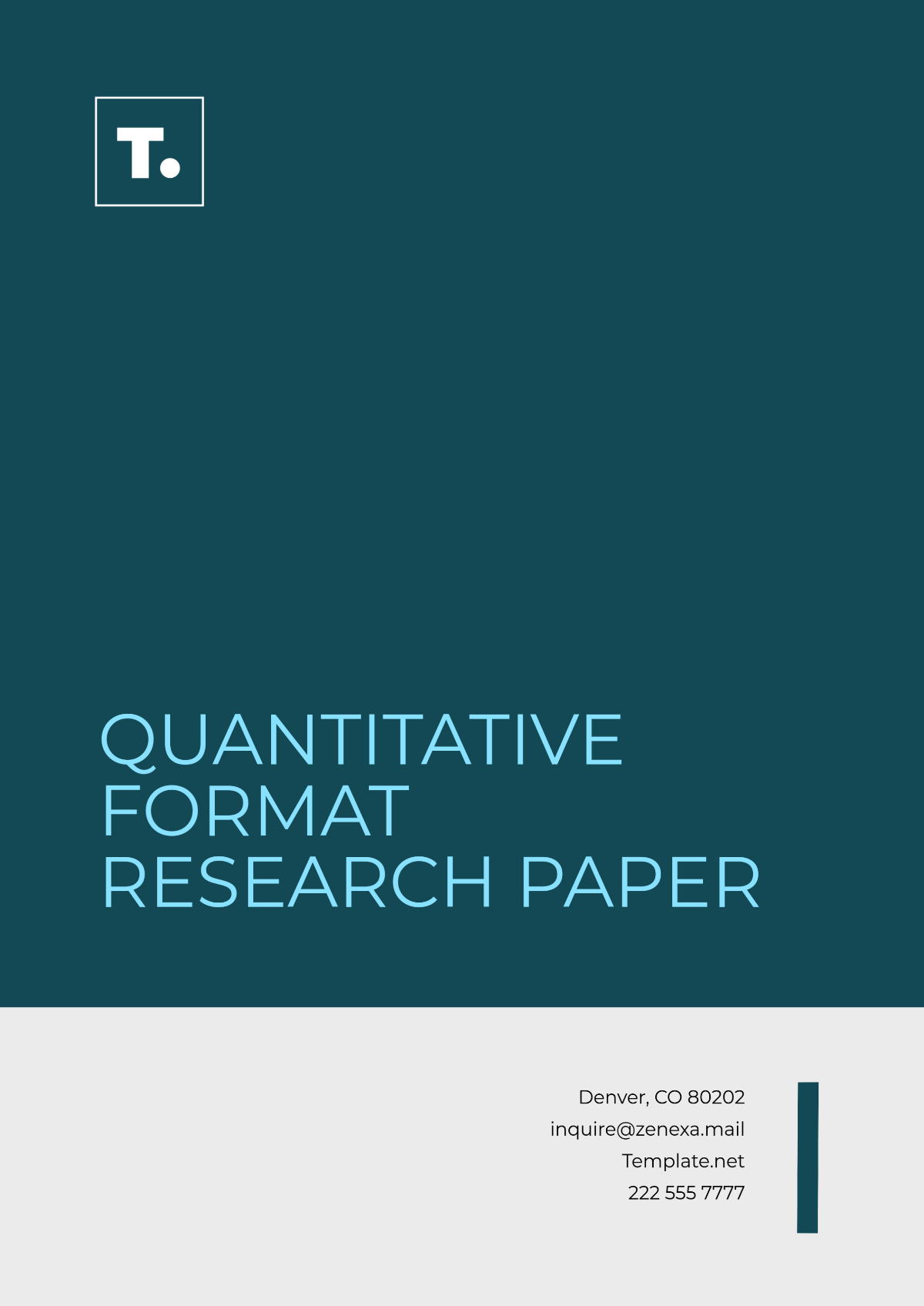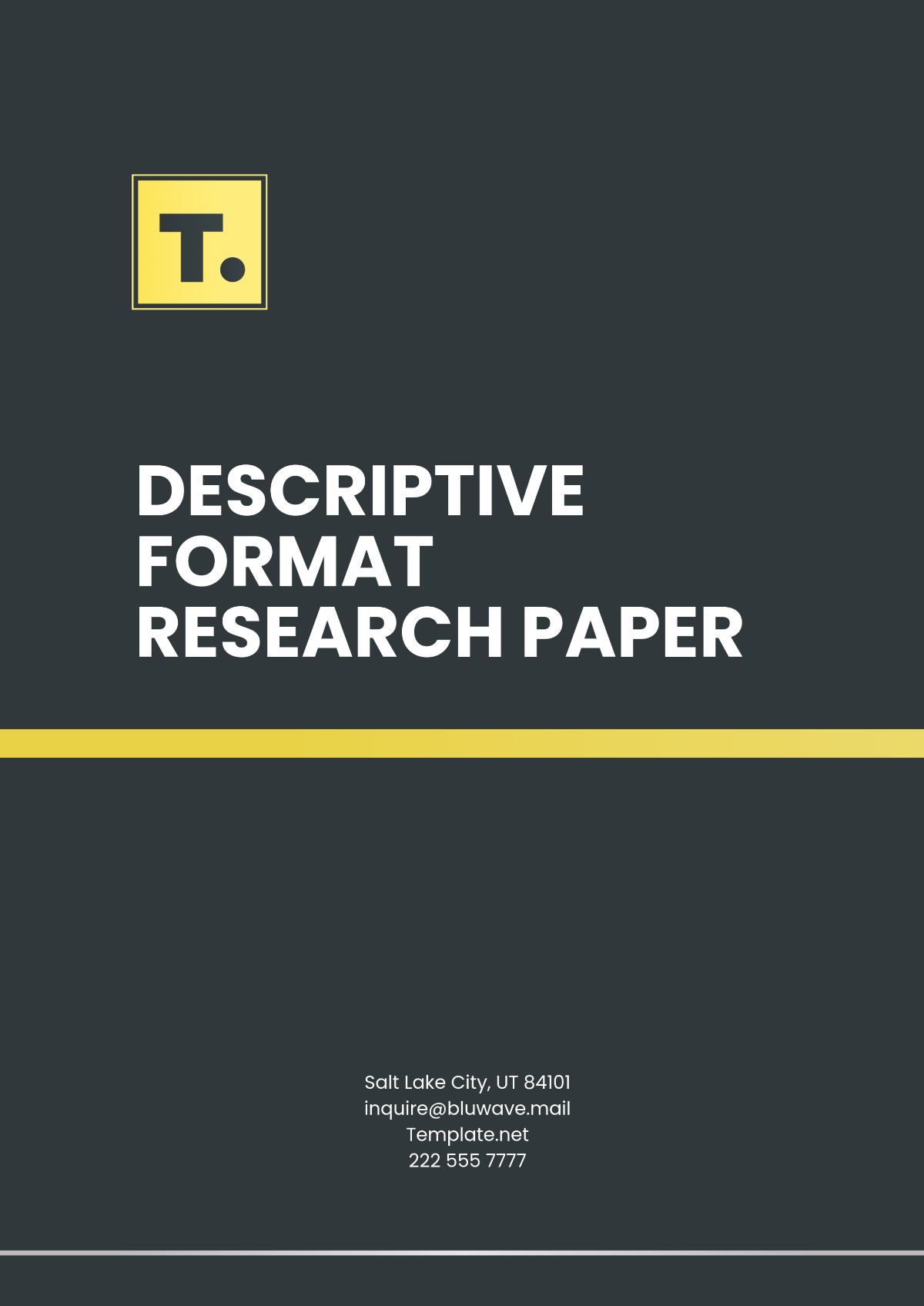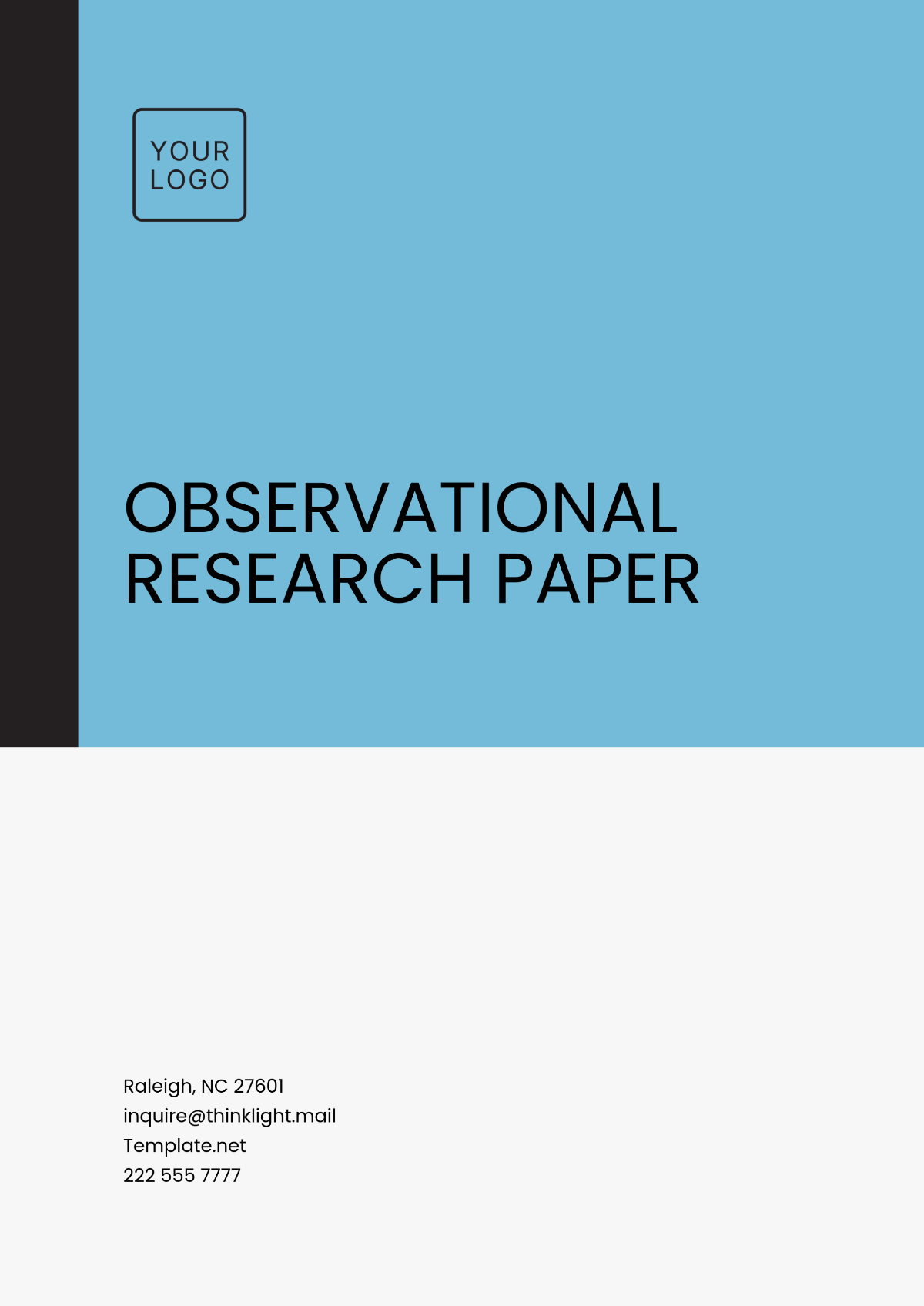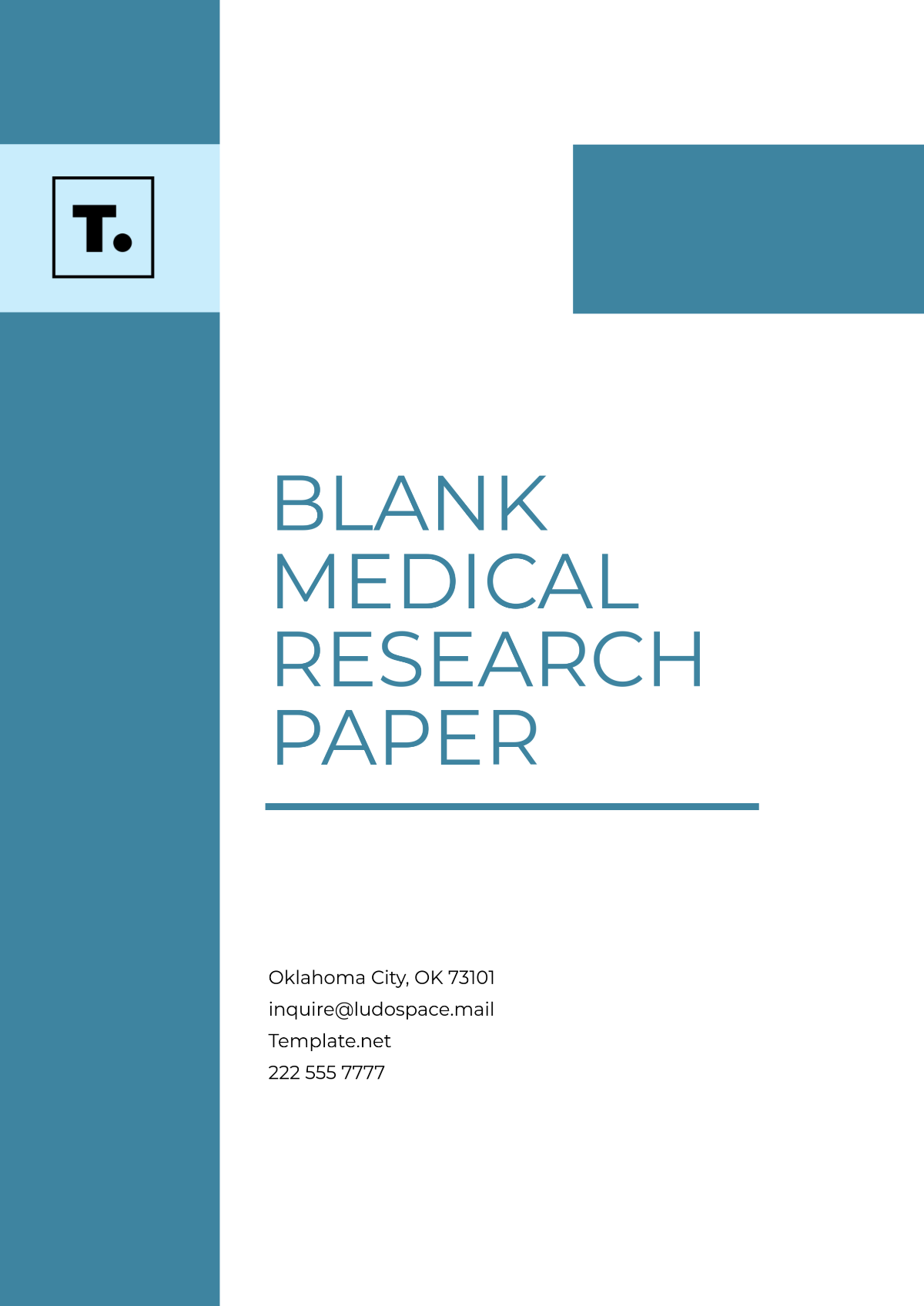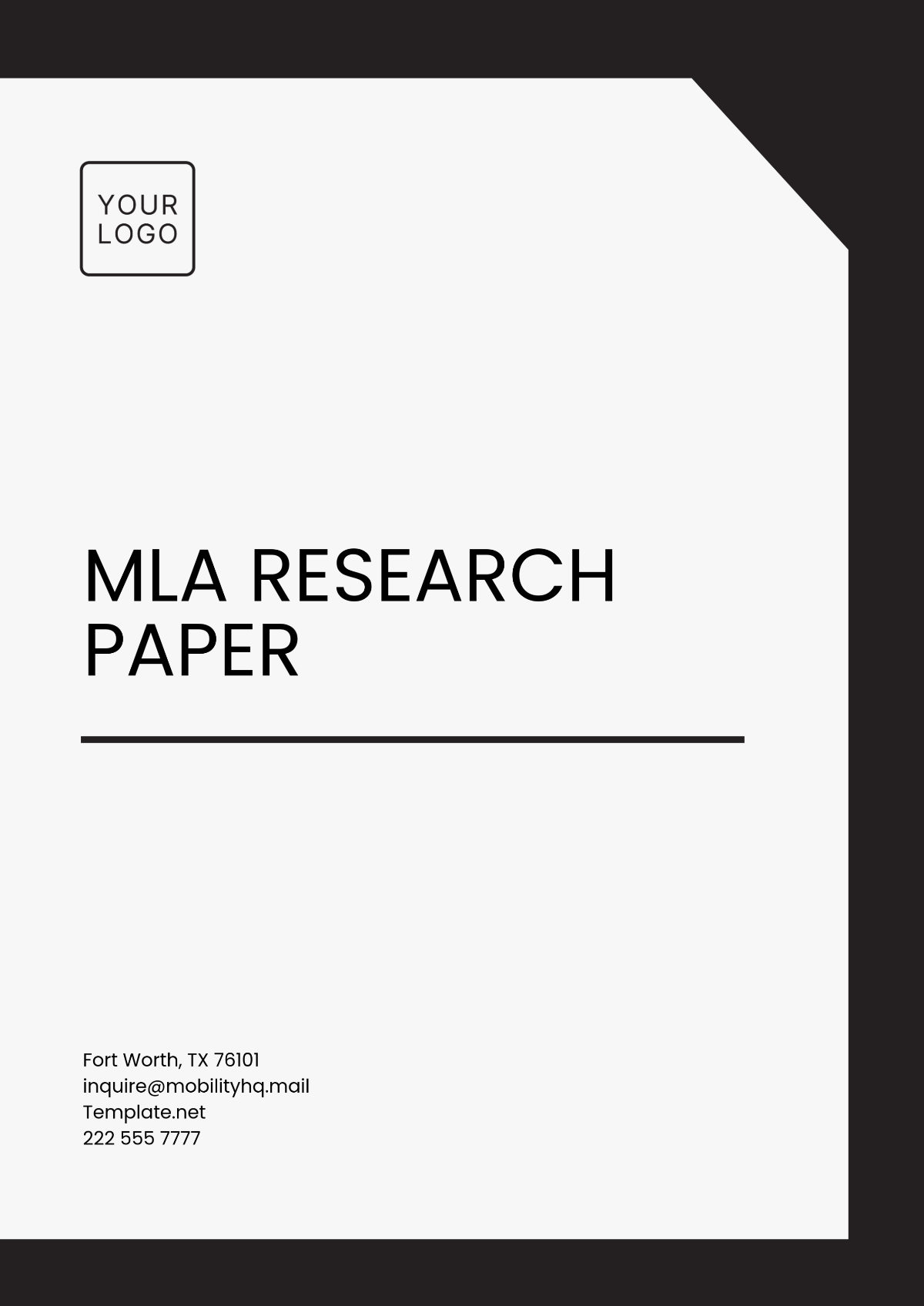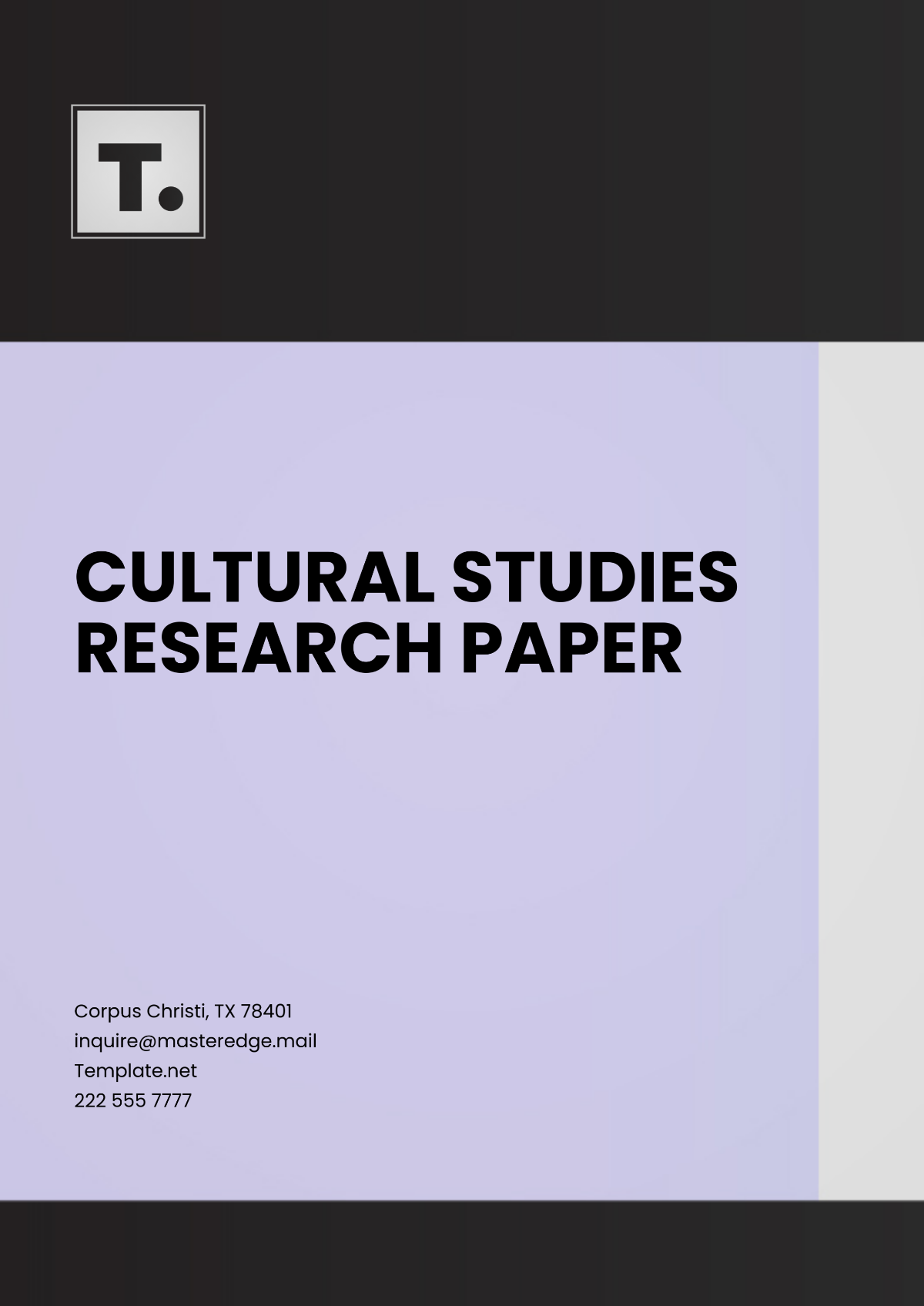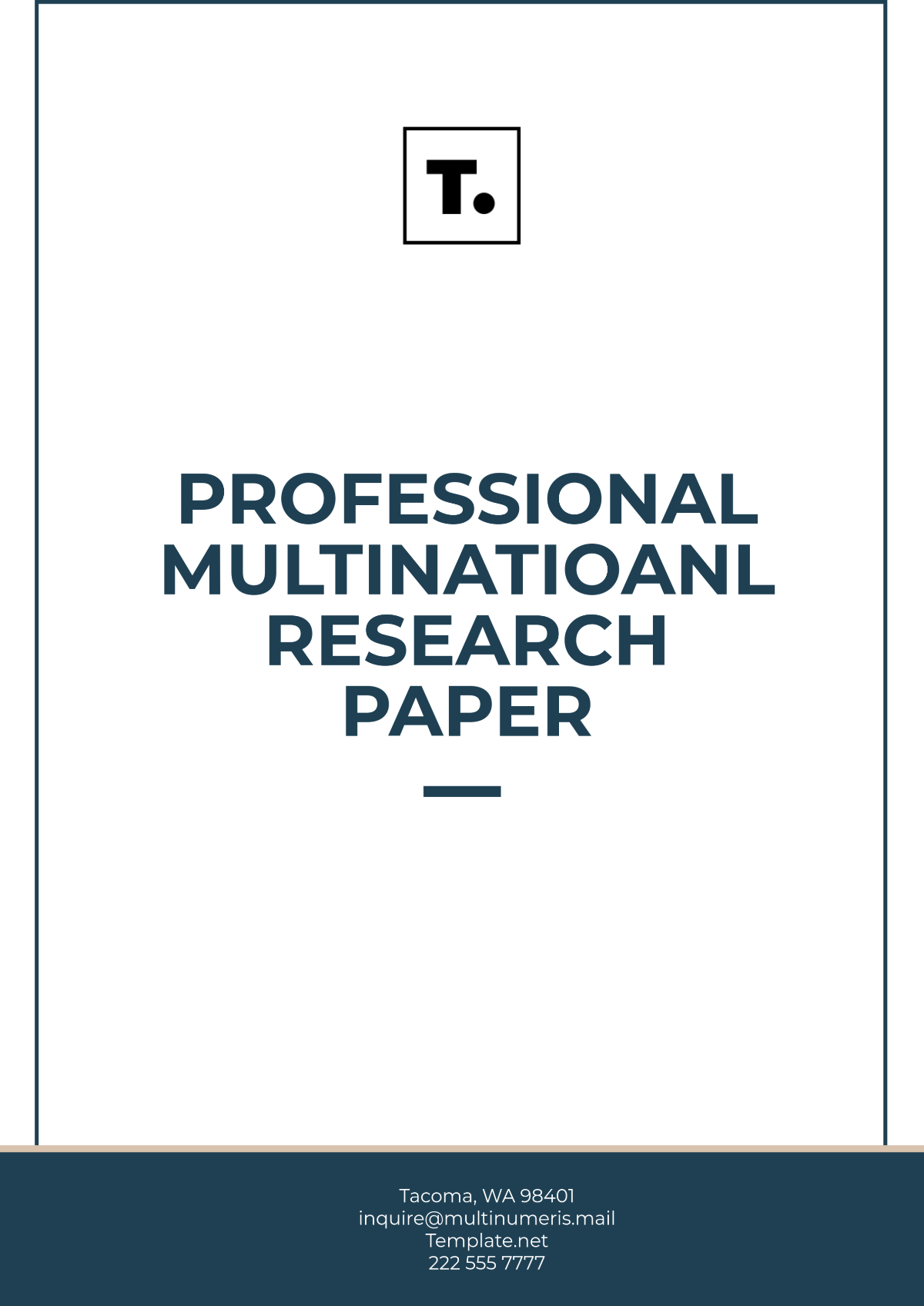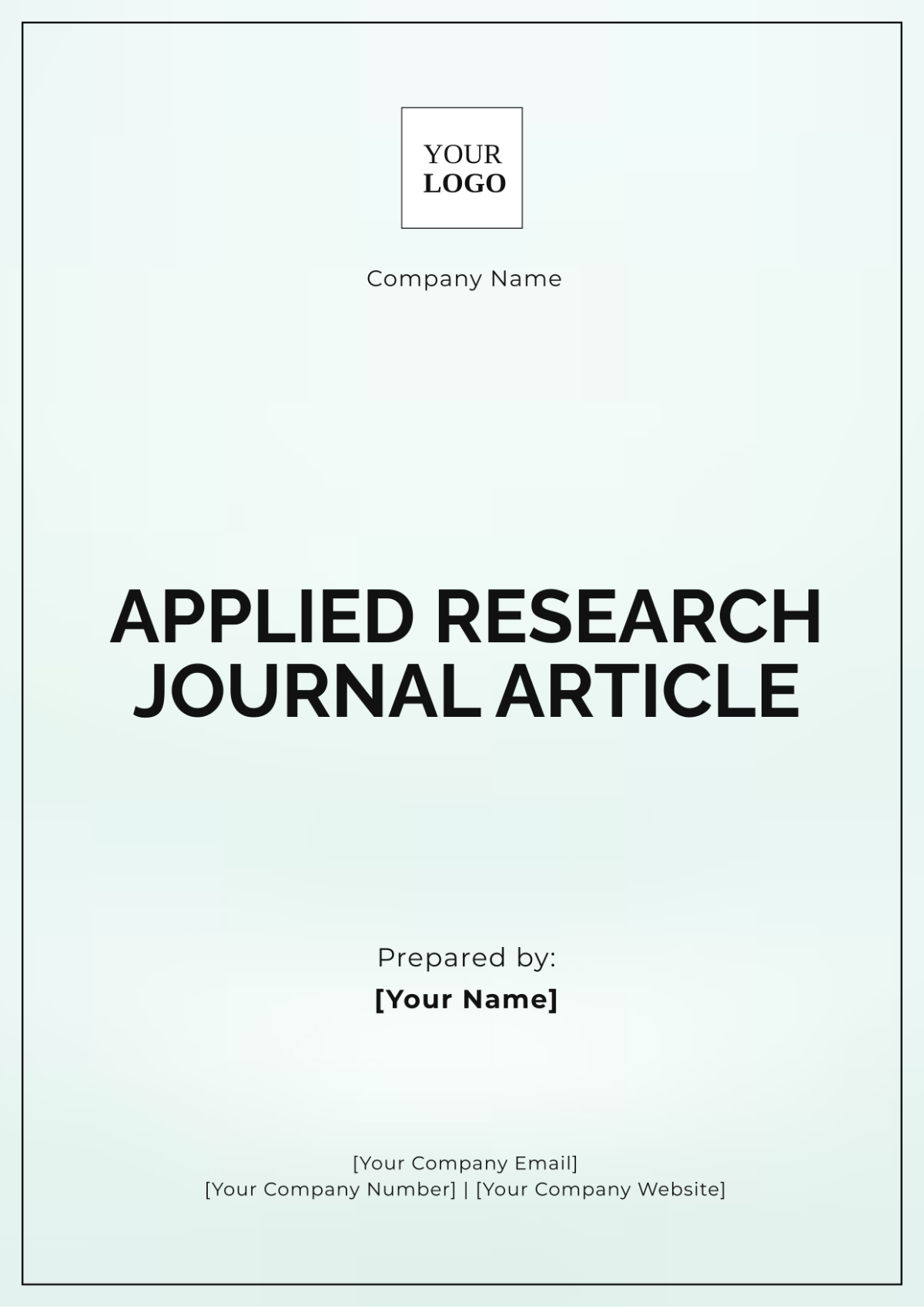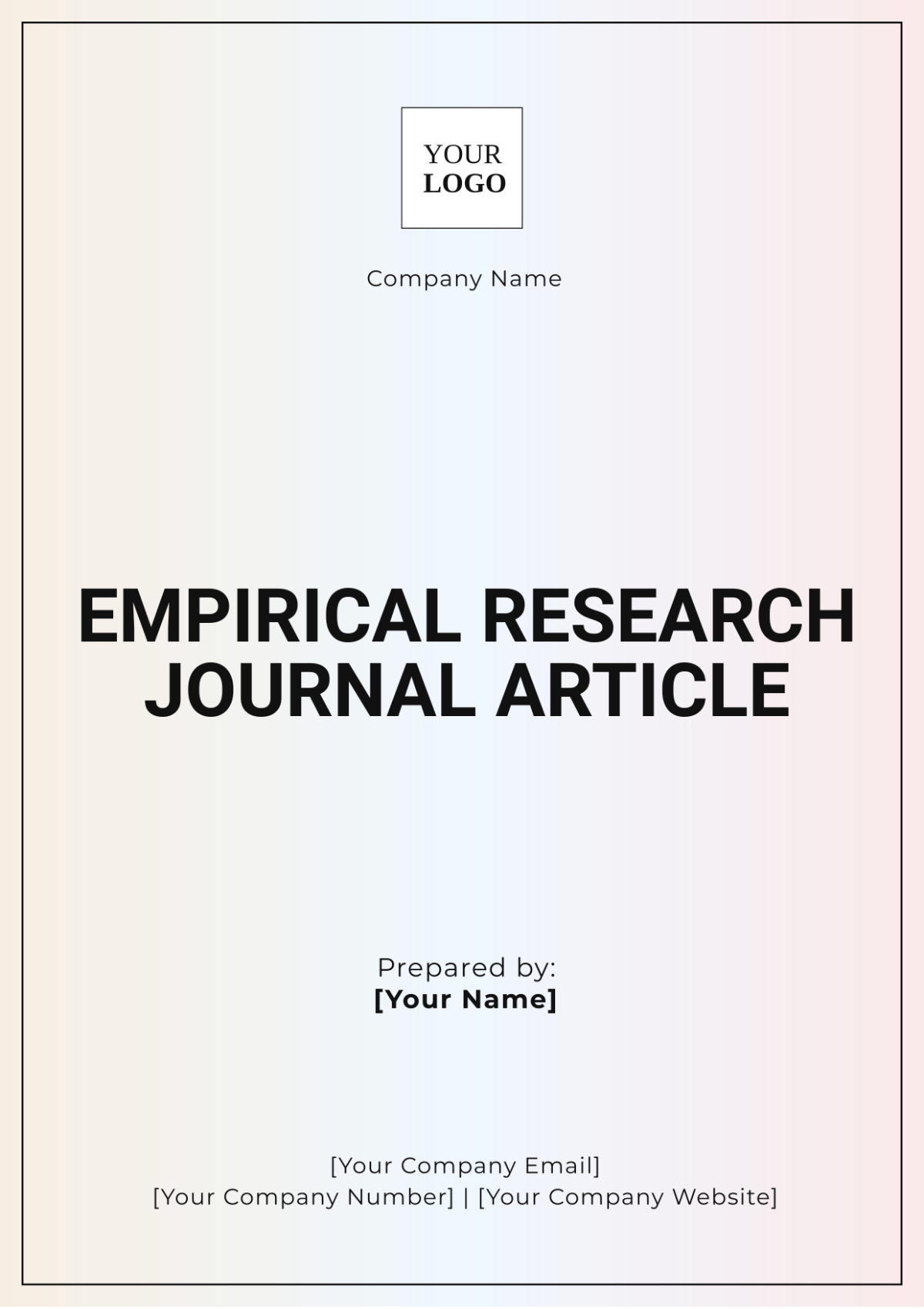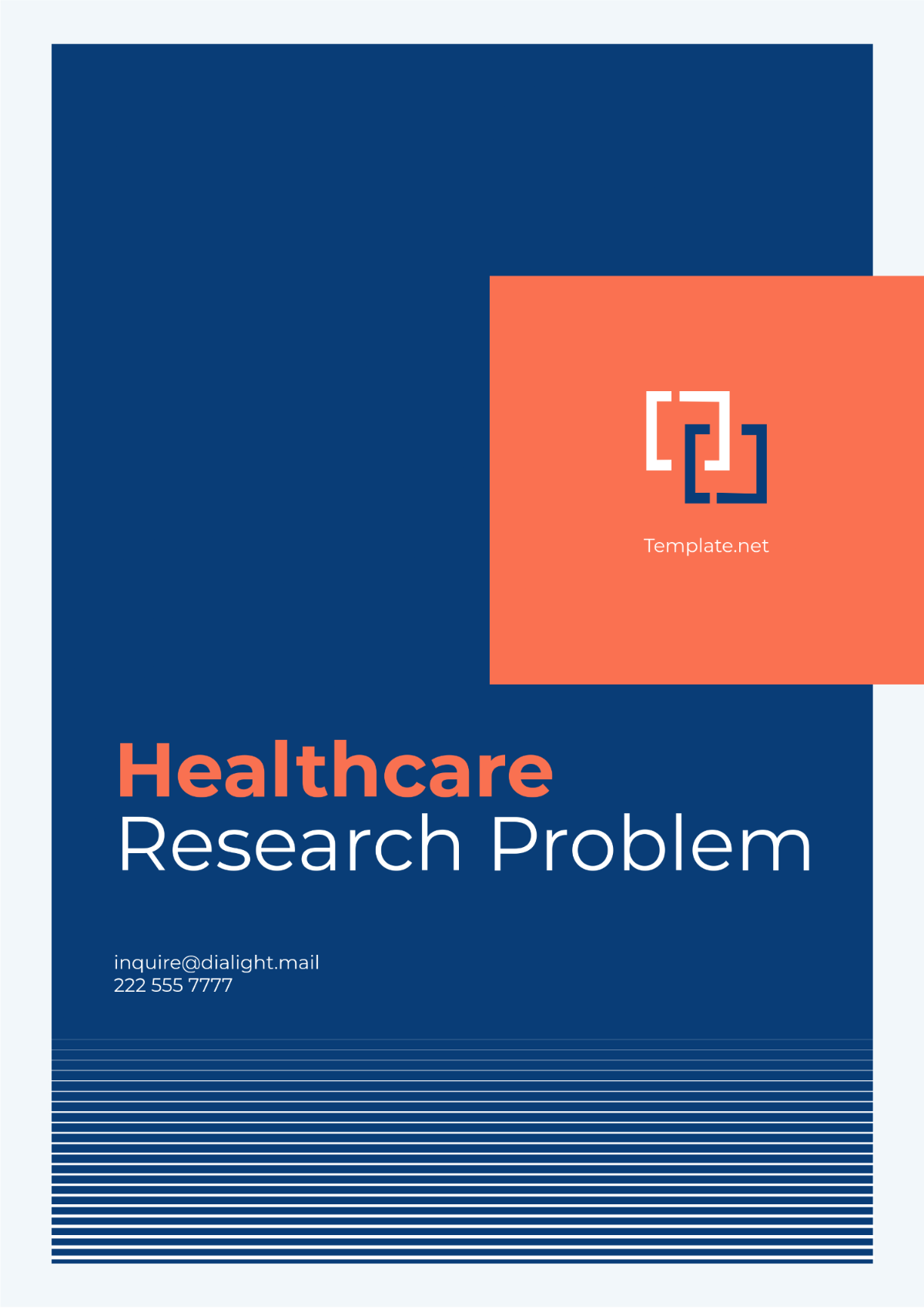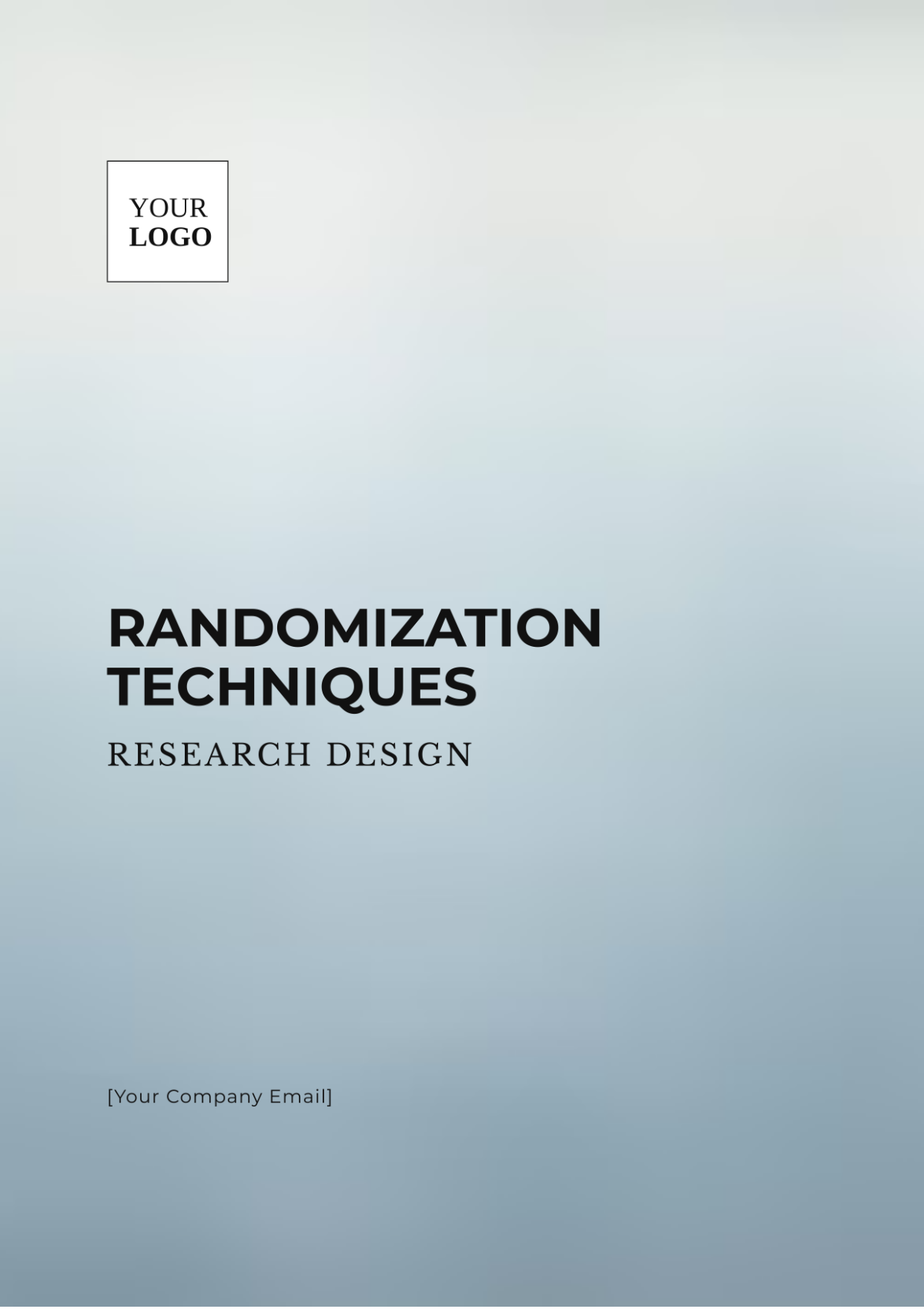QUALITATIVE VALIDITY RESEARCH
I. Research Design
This study adopts a qualitative phenomenological approach to deeply explore the lived experiences of LGBTQ+ individuals within urban environments. Phenomenology, renowned for its emphasis on understanding subjective experiences and perceptions, provides a robust framework for capturing the essence of participants' lived realities. By engaging with the rich and diverse narratives of LGBTQ+ individuals, this approach aims to uncover the intricate nuances of their experiences in urban settings.

A. Participants
Purposive sampling will be meticulously employed to select participants who offer diverse perspectives and experiences within the LGBTQ+ community. Inclusion criteria will be carefully crafted to encompass individuals who self-identify as LGBTQ+ and reside in urban areas. The sampling strategy aims to capture a broad spectrum of identities, ages, socioeconomic backgrounds, and cultural contexts, ensuring richness and depth in the exploration of lived experiences. Through iterative sampling and data collection, the research endeavors to achieve data saturation, where no new information or themes emerge from subsequent interviews, thereby enhancing the thoroughness and comprehensiveness of the study.
II. Data Collection Methods
A. Interview Protocol
Semi-structured interviews will serve as the cornerstone of data collection, providing a flexible yet structured approach to eliciting participants' narratives. The interview protocol will be thoughtfully designed to cover a range of topics pertinent to the lived experiences of LGBTQ+ individuals in urban environments. Themes to be explored include but are not limited to identity formation, community belonging, experiences of discrimination and resilience, access to resources and support networks, and perceptions of safety and visibility. By fostering open-ended dialogue, the interviews aim to uncover the nuanced intricacies of participants' experiences, allowing for the emergence of rich and multifaceted narratives.
B. Data Collection Tools
Data collection will primarily center around audio-recorded interviews, supplemented by detailed field notes to capture contextual nuances and non-verbal cues. Audio recordings will provide a verbatim record of participants' responses, ensuring fidelity and accuracy in data transcription and analysis. Field notes will serve as complementary sources of information, capturing the researcher's observations, impressions, and reflections during the interview process. Together, these data collection tools offer a comprehensive and multi-dimensional view of participants' lived experiences, facilitating in-depth analysis and interpretation.
III. Data Analysis Procedures
A. Thematic Analysis
Data analysis will be guided by a thematic analysis approach, which involves systematically identifying, organizing, and interpreting patterns or themes within the qualitative data. Through a process of open and axial coding, researchers will immerse themselves in the data, identifying recurrent motifs, concepts, and ideas that encapsulate the essence of participants' experiences. Themes will be iteratively refined and clustered to capture the diversity and complexity of the data, ultimately culminating in a comprehensive thematic framework that elucidates the various dimensions of LGBTQ+ individuals' lived experiences in urban environments.
B. Interpretation
The interpretation of findings will entail a reflexive and iterative process of sense-making, whereby researchers critically engage with the identified themes in light of existing literature, theoretical frameworks, and socio-cultural contexts. Triangulation will be employed to corroborate and validate the findings, drawing on multiple sources of data (e.g., participant interviews, field notes) and perspectives to enhance the credibility and trustworthiness of the interpretations. Throughout the analysis process, researchers will maintain reflexivity, actively interrogating their assumptions, biases, and positionalities to ensure transparency and rigor in the research process.
IV. Trustworthiness Strategies
A. Credibility
To enhance credibility, member checking will be conducted, allowing participants the opportunity to review and provide feedback on the researcher's interpretations of their experiences. This iterative process of validation ensures alignment between participants' lived realities and the researcher's representations, thereby bolstering the credibility and authenticity of the findings.
B. Transferability
Detailed descriptions of the research context, methodology, and participant characteristics will be provided to facilitate the assessment of transferability. By offering transparency and contextuality, readers can evaluate the applicability and relevance of the findings to other urban settings or LGBTQ+ populations, thereby enhancing the transferability and generalizability of the research outcomes.
C. Dependability
Dependability will be ensured through meticulous documentation of the research process, including clear documentation of data collection procedures, coding decisions, and analytical techniques. By maintaining a transparent and auditable trail of the research process, the study's dependability is enhanced, allowing for replication and validation by external researchers.
D. Confirmability
To enhance confirmability, peer debriefing sessions will be conducted with colleagues and experts in qualitative research methodologies. These sessions provide an opportunity for critical reflection, discussion, and validation of the research findings, ensuring objectivity and rigor in the interpretation of data. Additionally, researchers will engage in ongoing reflexivity, critically interrogating their own biases, assumptions, and perspectives throughout the research process to minimize researcher-induced bias and enhance the confirmability of the findings.
V. Results
The results section will detail key themes like identity negotiation, community resilience, and marginalization among LGBTQ+ urban residents, using illustrative quotes to highlight their varied experiences and insights.
Presentation of themes and findings derived from data analysis.
In-depth exploration of participants' narratives to reveal diverse experiences.
Central themes such as identity negotiation, community resilience, and experiences of marginalization.
Illustrative quotes and examples to vividly portray participants' experiences and perspectives.
VI. Discussion
The discussion will explore socio-political research and theories, analyze their effects on theory, practice, and policy, propose further studies and interventions, and emphasize major aspects of LGBTQ+ urban experiences.
Contextualization of research findings within the broader socio-cultural landscape.
Drawing connections to existing literature, theoretical frameworks, and socio-political contexts.
Critical examination of implications for theory, practice, and policy.
Insights into avenues for future research, advocacy, and intervention.
Examination of key themes, patterns, and contradictions to provide a nuanced understanding of LGBTQ+ individuals' lived experiences in urban environments.
VII. Conclusion
In the conclusion, the main findings and their significance will be synthesized, emphasizing the contributions of the study to the understanding of LGBTQ+ individuals' lived experiences in urban environments. Recommendations for future research, policy, and practice will be delineated, highlighting opportunities for enhancing support, advocacy, and inclusivity for LGBTQ+ individuals in urban settings. The conclusion will serve as a call to action, urging stakeholders to prioritize the voices, needs, and rights of LGBTQ+ communities in urban planning, policymaking, and social justice initiatives.
VIII. References
References will be meticulously curated and cited according to a consistent citation style (e.g., APA, MLA). These references will encompass a diverse range of scholarly articles, books, reports, and other relevant sources that inform the study, offering readers a comprehensive and authoritative overview of the research landscape. By drawing on established scholarship and empirical research, the study ensures the credibility, rigor, and scholarly integrity of the research outcomes.
